Did you know that 23% of U.S. adults listen to podcasts every day or a few times per week? With more and more brands entering the podcast space, it’s the best time for you to start your own podcast. If you have started a podcast and are wondering which podcast formats would be the best for you, you have come to the right place. This blog will inform you of the most popular podcast formats to choose from.
What are Podcast Formats?
Podcast formats can be referred to as the delivery method that gives your podcast a structure, organizing your podcast content. The right format will keep your content organized and make it accessible to your listeners. Without a particular podcast format, your episodes will seem disjointed and messy, having a lack of purpose and intent.
Podcast formats also create consistency that binds your listeners to your show. When you stick to a format, your listeners will know what to expect when they open each new episode. When it comes to starting a podcast, choosing the right format is crucial. It’s like the blueprint for your show, shaping the overall structure and feel of your content.
Also Read: How to Start a Podcast?
Interview Podcast
The interview style is a type of podcast where the host interviews a new guest on each episode. The interviewee puts forward their experiences and thoughts in a lucid way. After a brief guest introduction, the host starts asking relevant questions to the interviewee and guides the conversation around the episode’s topic so that the guest can unpack their stories and lessons. Since each guest is different, an interview-styled podcast format is an engaging way to keep your audience stick to your show and keep your show cohesive.
Pros
- one of the most exciting and engaging podcast formats
- Generally draws a huge audience base
- It’s one of the relatively easier podcast formats as you as a host just have to steer the conversation to the right direction while your guest does most of the talking
- Good opportunity for drawing a new audience base with each episode as the guest usually have their unique fan base
- Your show gains access to a variety of viewpoints and opinions
Cons
- It’s a saturated podcast type so you stay abreast with a lot of competition
- Its difficult to find slots with eminent personalities as they remain busy
- The podcast format build on your interviewing skills which, of course is a tough nut to crack and not many hosts can champion the skill
- Your episode will suffer if your guest is not a pro in speaking
Examples
- The Laptop Lifestyle – The Laptop Lifestyle is for virtual entrepreneurs, millennials on the go, and adventure seekers with big dreams.
Solo/Monologue Podcast
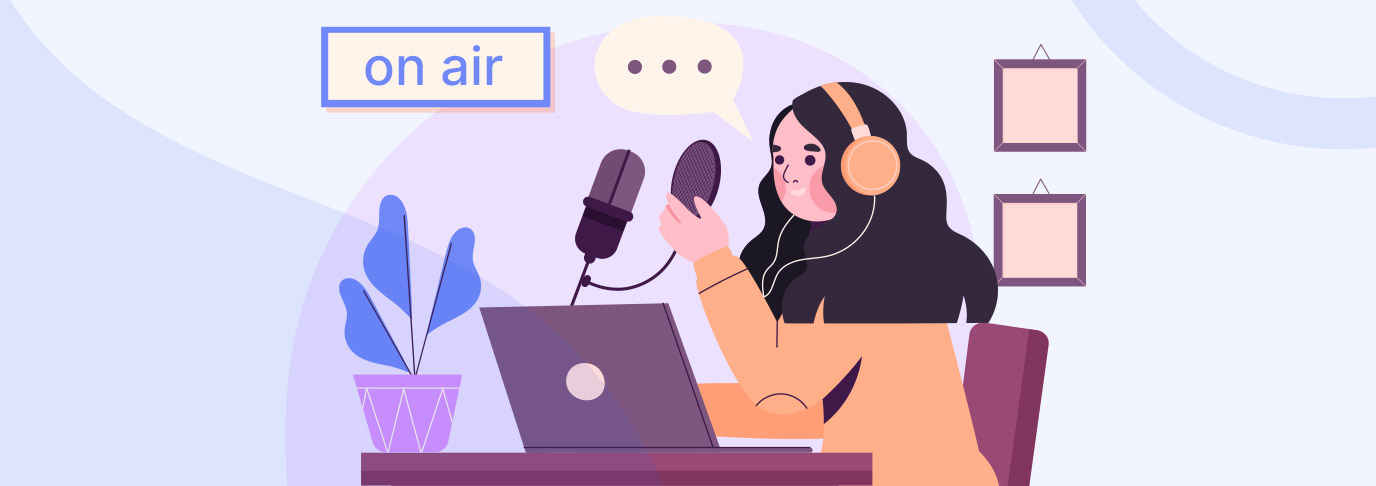
Acclaimed as one of the most common podcast formats, solo podcasts simply involve the process of you talking into a microphone, sharing your expertise and experience. Since it’s a simple format, many podcasters start out with this format.
Pros
- It’s a relatively cheap podcast format as you would only be needing a microphone and a free podcast editing software
- You would not have to depend on anybody else’s expertise and run the show yourself
- It’s a great way of building a fanbase around your personality
- Your audience comes to know you intimately.
Cons
- Sole responsibility is on your shoulders and you’ll have to decide how much you want to plan each episode.
- Speaking for 30-40 mins at a stretch can be exhausting and would need a lot of practice
Examples
Did you know: the most popular podcast genre in the United States was comedy, with 22% of respondents to a survey stating that they were very interested in podcasts designed to make them laugh.
Co-hosted podcast
Unlike an interview podcast format, in this podcast format, two people do the talking and both are considered as co-hosts. It’s a popular format where, in many cases, each host will play a specific role in the conversation. For example, one might talk about short travelogues while the other provides commentary or comedy.
Pros
- Since its a 50:50 partnership sort of a podcast, you would be getting enough breaks and won’t get exhausted
- Its an engaging format and draws in a lot of audience
- Fans feel like they’re part of a club or group which creates an excitement
- Most of the conversation is usually spontaneous and you would not be requiring a script
Cons
- You both need to stay on the same page regarding the purpose of each episode.
- Editing two voices can be a tricky job
Examples:
Panel Podcast
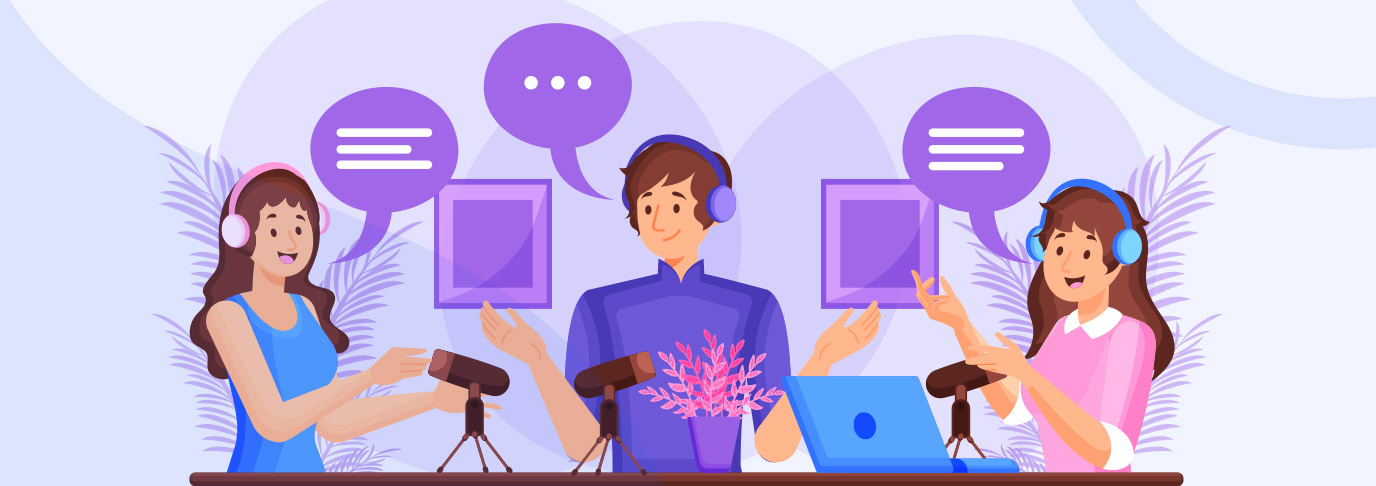
A panel podcast is almost similar to an interview podcast, however it has a difference. There are more people involved, as in, each episode has a single host and a group of guests. In a panel podcast the audience feels like overhearing an organic conversation.
Pros
- Each guest brings in a new set of stories, experiences
- Its an engaging podcast format and garners a lot of listeners
- Guests do most of the talking and the host has less responsibilities
Cons
- Dealing with multiple guests is an ordeal as each have their own schedule
- Keeping the show on track and on time would require some expertise from you as a host
Examples:
- The Beancast– The BeanCast is a weekly round table podcast, featuring gusets from various fields like marketing, advertising, public relations, etc.
- Political Gabfest– The Slate Political Gabfest is an American political panel podcast by Slate magazine that covers topics on current politics
Storytelling Podcast
A storytelling podcast is a podcast where episodes are structured as narratives. The host talks about stories that can range from murder mysteries to romance on each episode. Storytelling podcasts could be both fictional or non fictional.
Researchers at Johns Hopkins discovered that people are especially attracted to stories because of our social nature. That’s because we could empathize with the characters involved in a story.
Pros:
- Extremely popular format garnering a lot of listeners
- Versatile type of podcast where topics could range from anything non fiction to fictional
- You could practically never lose out on topics due to a huge range available
Cons:
- As a host you need to put in a lot of speaking skills to make your stories sound exciting
- You have to do most of the talking so keep a cup of coffee nearby
- This is a laborious and time consuming format
Examples:
- This American Life– This American Life is a weekly public radio show, heard by 2.2 million people on more than 500 stations
- The Moth Podcast– The Moth Podcast is a popular storytelling podcast. Each episode features a curated, unscripted first-person story told by different people without notes in front of a live audience.
Create your Podcast Website and App with Muvi
Muvi lets you launch your own branded, fully featured podcast hosting apps and websites. You get fully featured native apps across 20+ platforms, devices, and ecosystems such as iOS, Android, Roku, Apple TV(tvOS), Amazon Fire TV, Android TV, and more. Most podcast hosting platforms like Spotify or iTunes will not give you this option and not to mention the fact that your brand name will get affected in the long run.
With Muvi, you could create:
- Podcasts as on-demand content for your viewers. You can categorize the podcast playlist as per genre such as entertainment, sports, motivation, mind management, wellbeing, religion, and more. Muvi’s Advanced Enterprise Video CMS, makes it easy to manage all your streaming apps, website, and content in a single CMS.
- You could not only host on-demand but also live stream uninterrupted podcasts to your audience. Not only that, you could launch a fully-customized live streaming podcast hosting app and website that aligns with your brand persona.
Wrapping Up,
With the growing popularity of audio-only streaming, opting for an audio streaming service like Muvi can tick all your boxes when it comes to podcasting. So, what are you waiting for? Start your podcast show with Muvi, right away!
Take a 14-Day Free Trial to get better clarity!

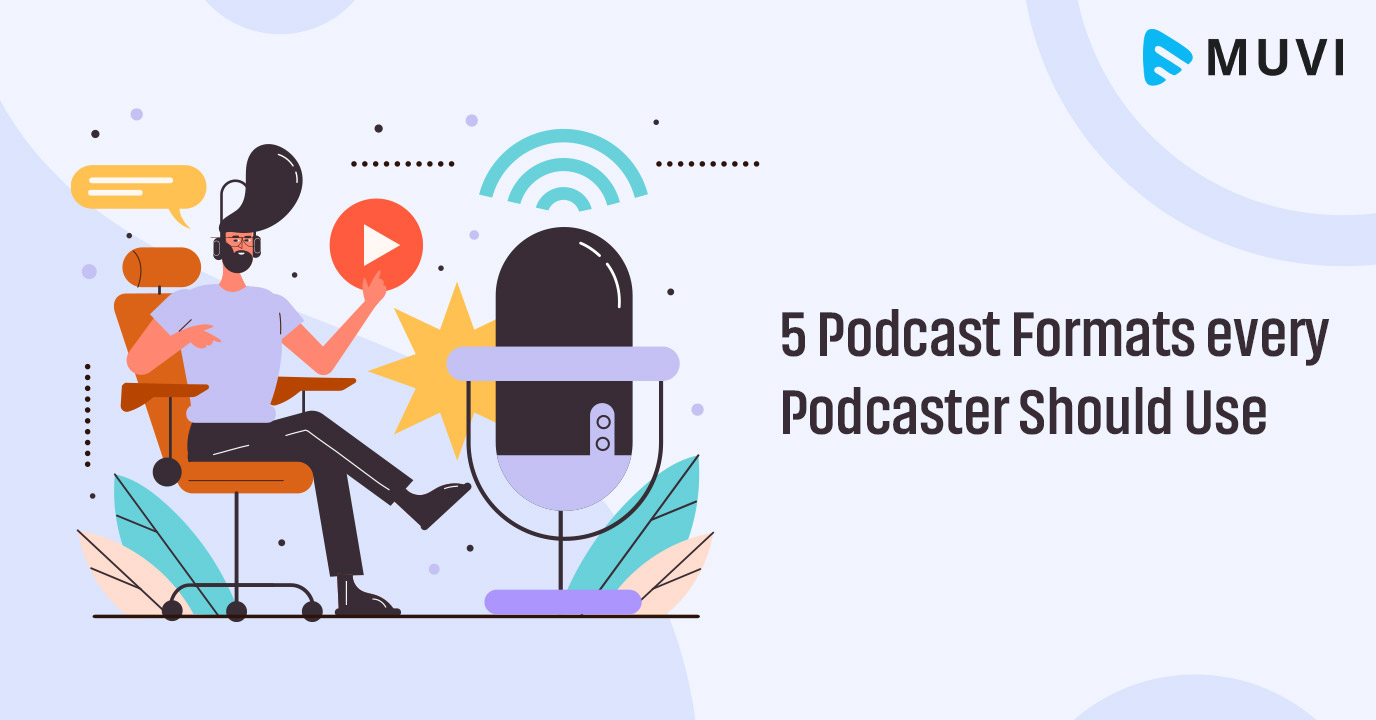





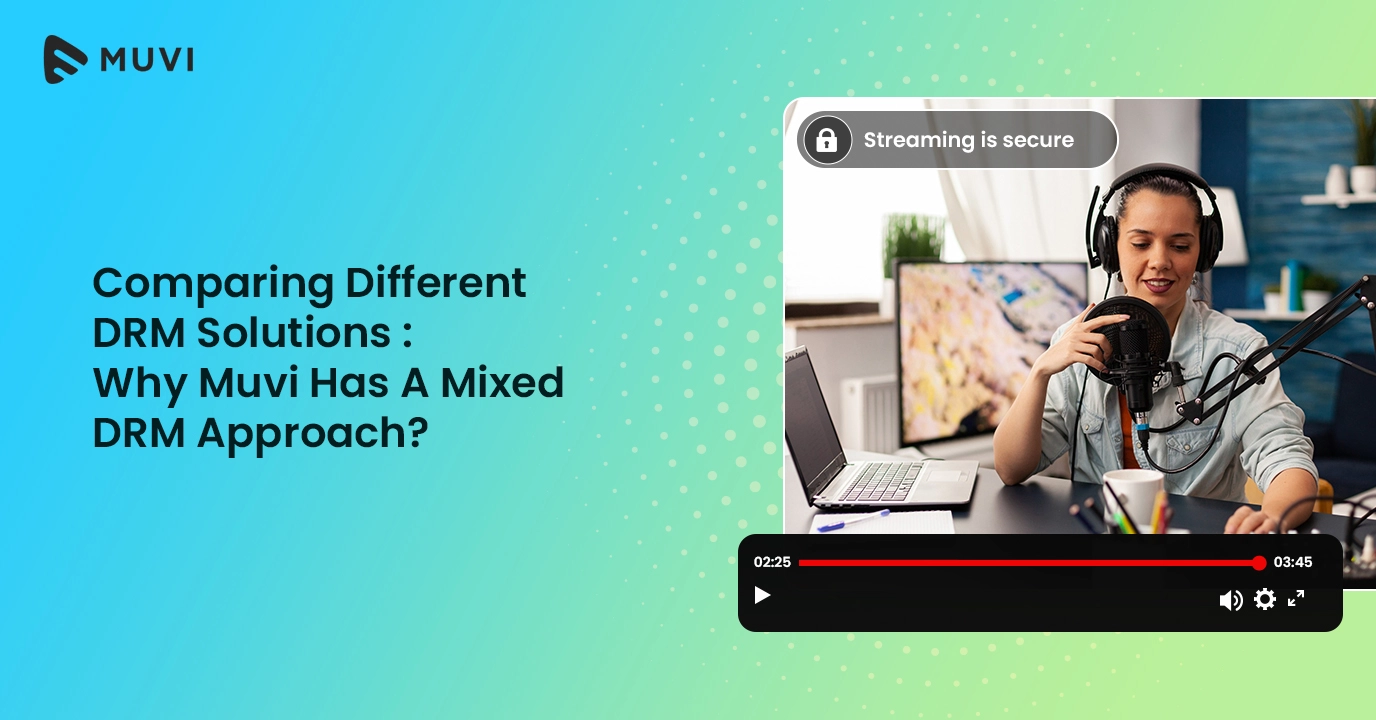
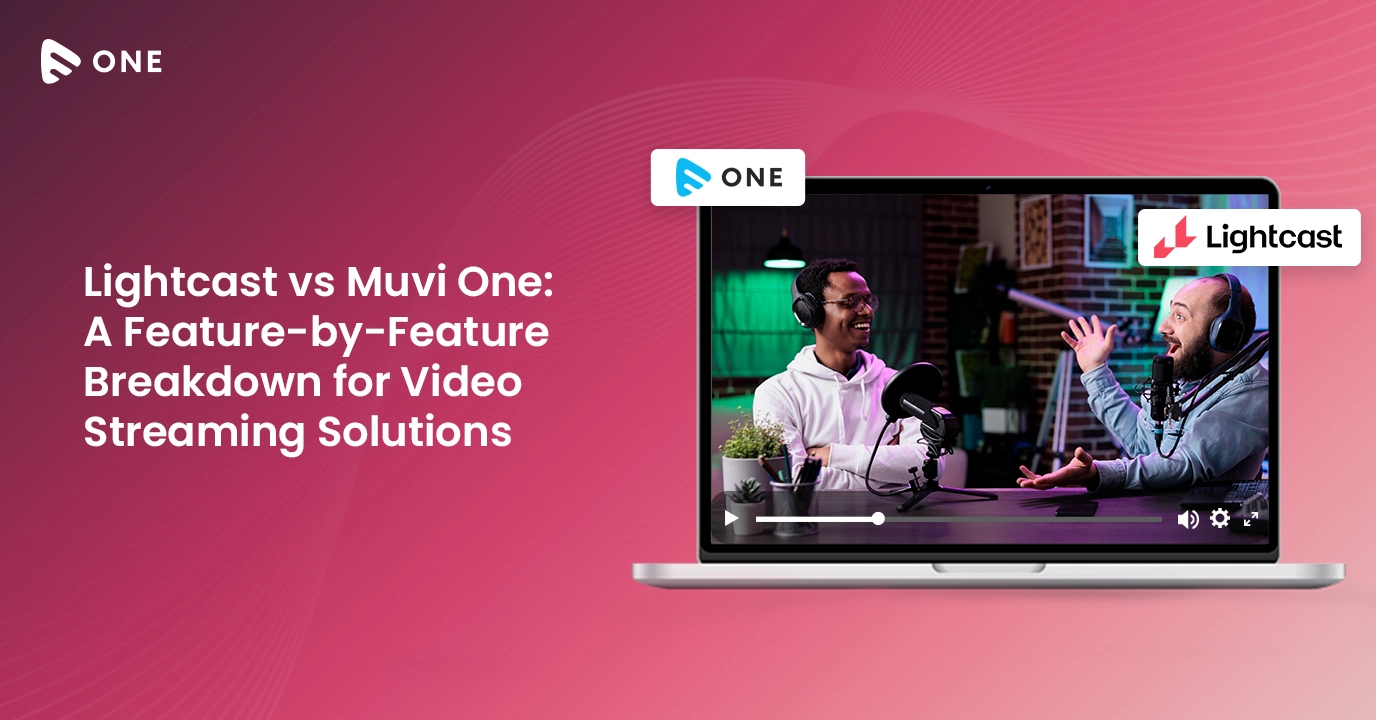
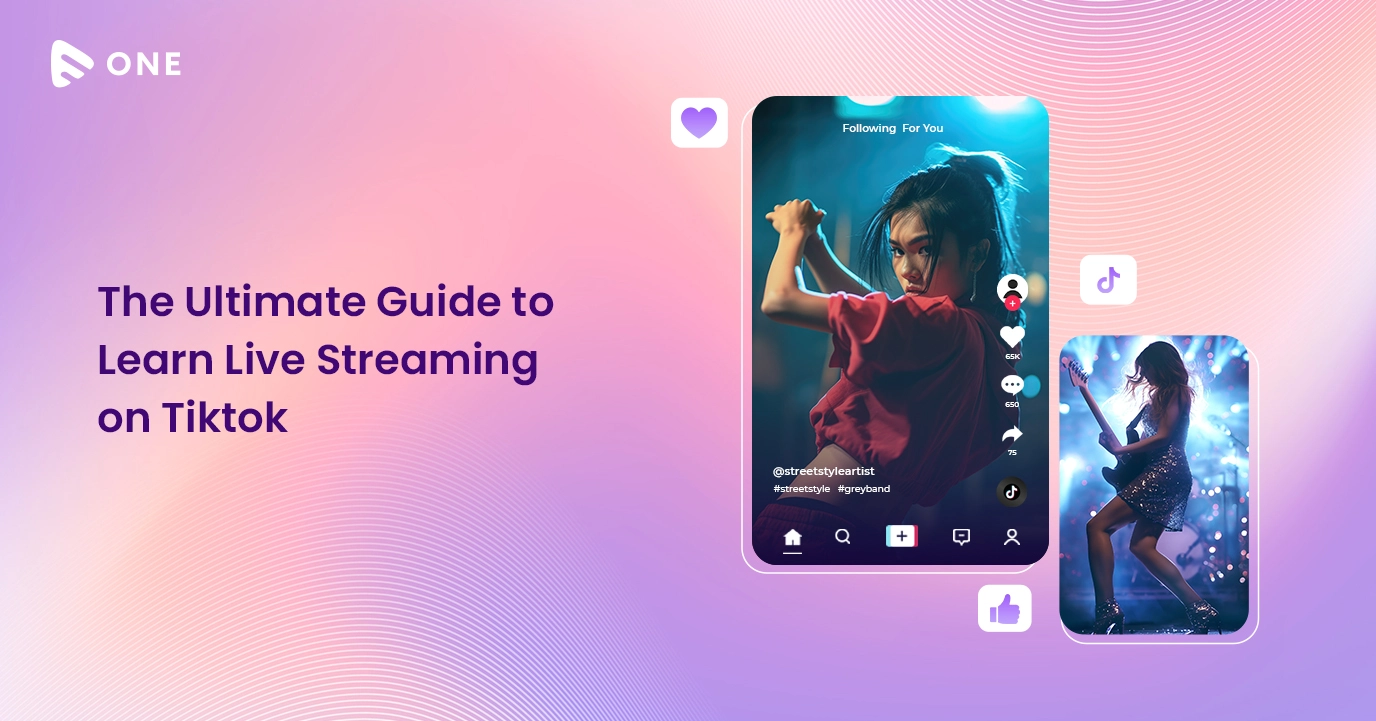
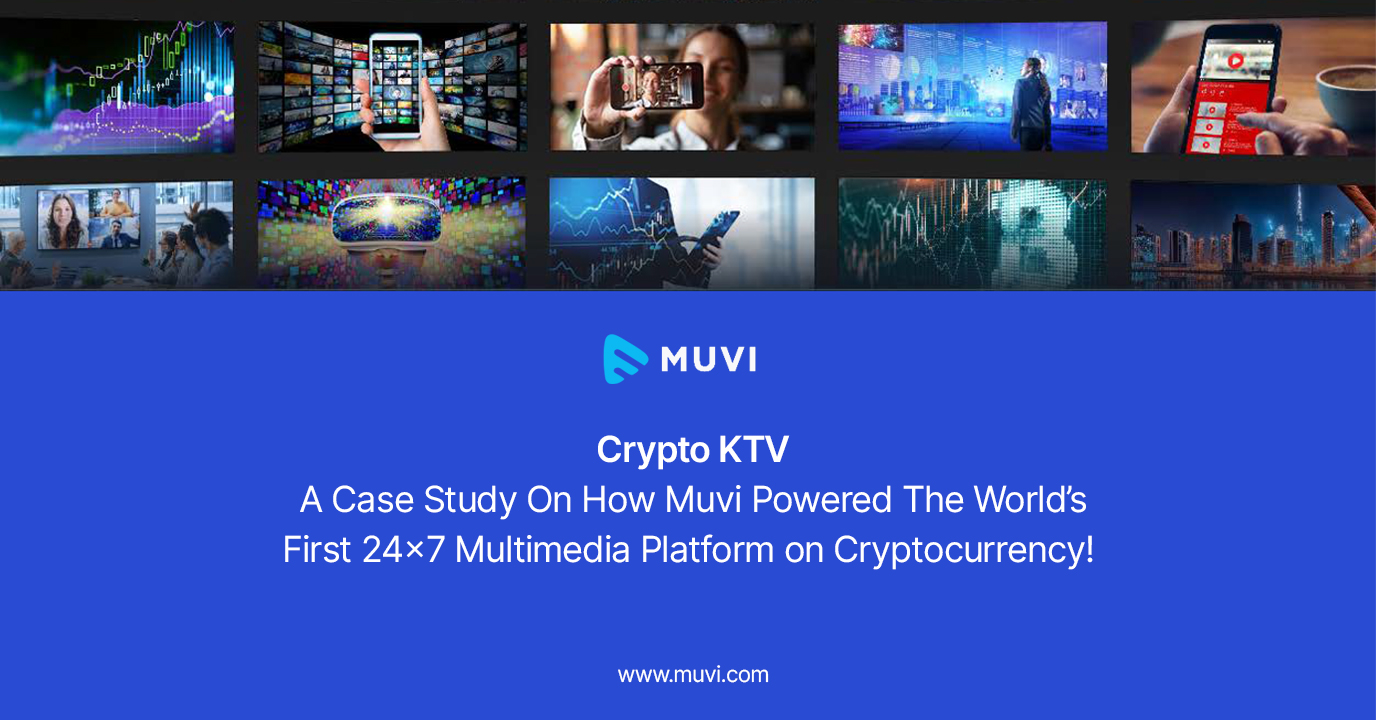
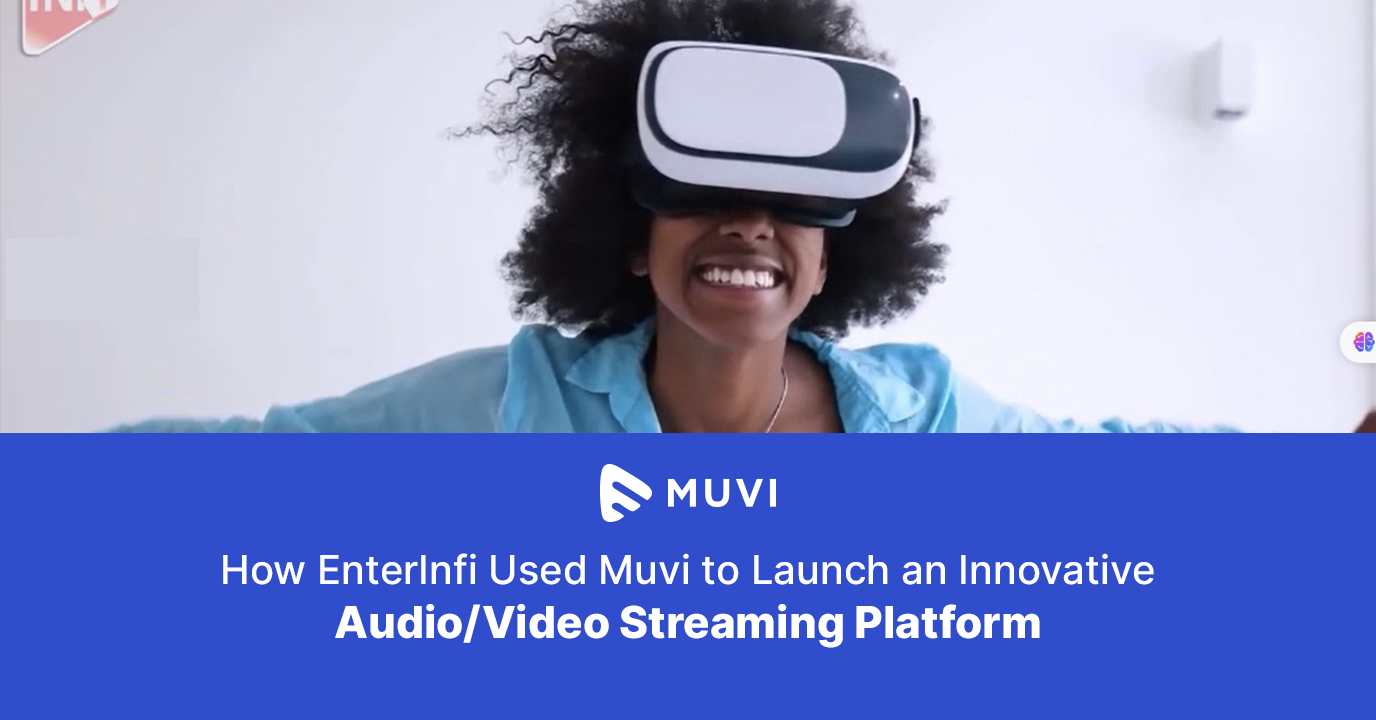
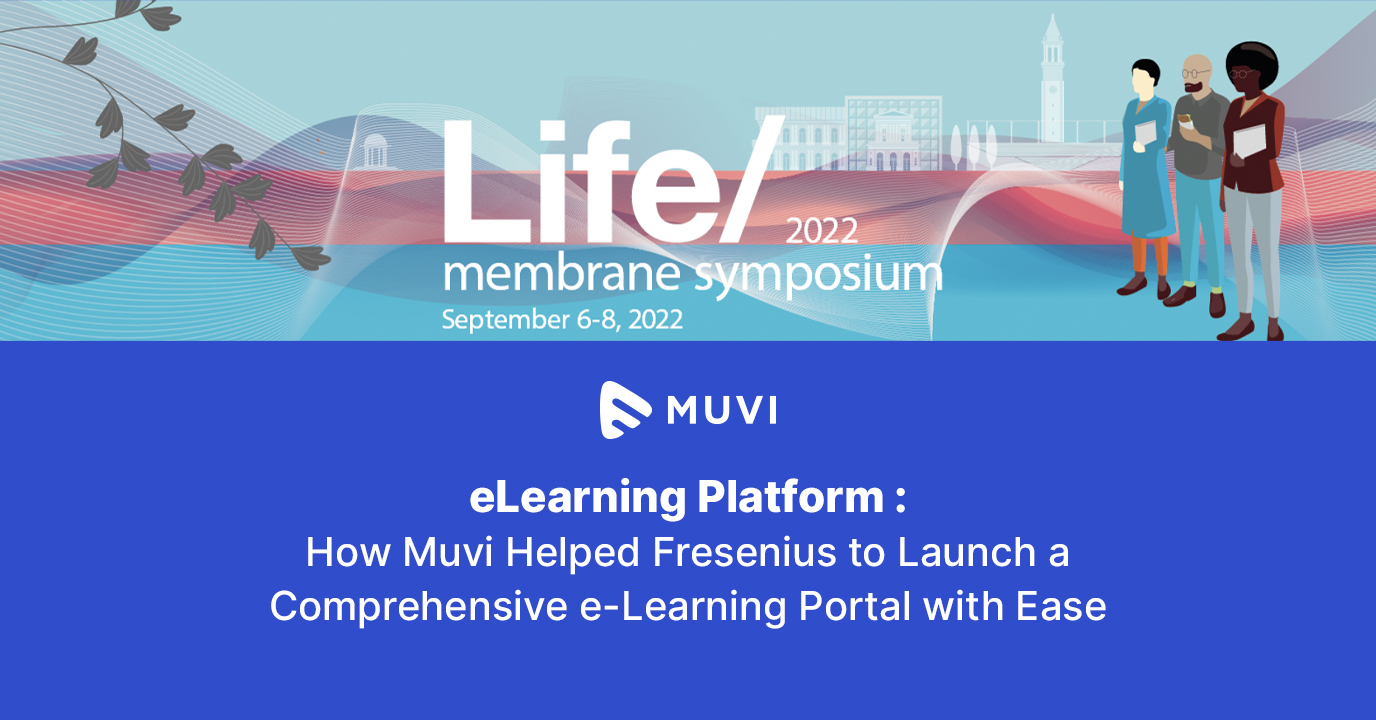







Add your comment